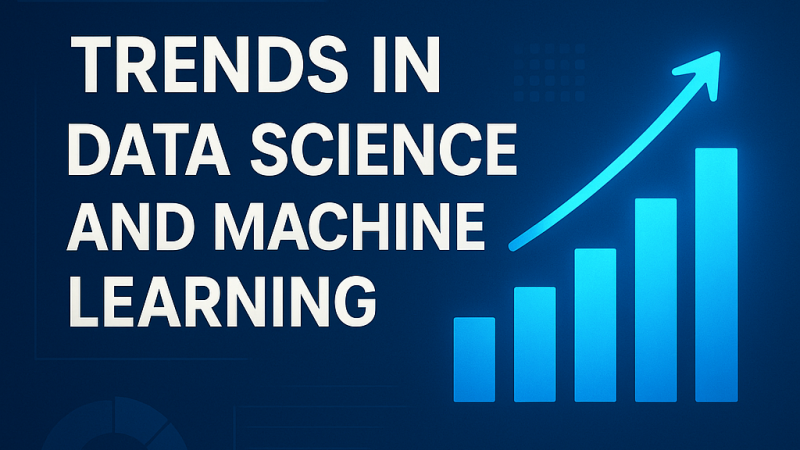Understanding The 3 Levels of Supply Chain Management

Supply chain management is an important aspect in the business sector, yet it’s sometimes underscored by the business owners. Procuring raw materials, processing them into final products and delivering to the clients requires a strong and active body that’ll increase the ability to reach the customer’s needs and make you win in this competitive marketplace.
The supply chain process you use determines the final outcome of any business. It begins from the choices the company will make about the item it’ll produce to the services given to clients. The most effective way of understanding the supply chain management and moving your business to your dream level is knowing how the 3 levels work. In this post, we’ll highlight everything you need to know about those stages, and how each of them contributes to delivering quality items to clients.
Strategic level
This is the topmost level in charge of making overall decisions of the company, which should control all the important choices in any operation. It builds a foundation for the whole supply chain process, which makes it the most critical level of all.
What does strategic level deal with?
- Deciding on the site, the allocation and usage of business facilities
- Choosing the right people to supply, transport and handle the logistics.
- Making the required improvements and innovations to address customer’s demands
- Responsible for the management and control of invention and products
- Involving IT software to make the entire process successful
Tactical level
Tactical level is about the medium-term decisions, and defining the general choices made in the strategic level. Its major role is controlling the expenses, and minimizing the risks. It majors on client’s wants and offering the best end services.
What does strategic level focus on?
- Identifying contacts for the required materials and services
- Develop schedules and steps to offer services that have high quality, the right quantity and safe to use
- Provide transportation and warehousing solution, from as much sources as possible
- Deciding on the storage and last distribution stage
- Establishing powerful strategies that’ll help the business become extra than its competitors in all aspects of the process
Operational level
This level makes the entire supply chain management active, and achieve its objectives. It includes the daily operations, making decisions, and planning how to keep the business profitable. It’s a major level, but cannot lead to achievement of the business’s goal if the other levels are not well incorporated. It only becomes functional after the other two are put in place, and finalizes the whole process/
What does operational level focus on?
- Day to day, or weekly monitoring to fully meet the satisfaction needs of the customers
- Take care of the production operations, the scheduling and any other information for the process
- Checking the logistics for contracts and meeting the requirements
- Covering any payments to settle damages or unmet demands of suppliers, vendors, or customers
- In charge of the materials and products coming in and delivered out
Which is the most important level?
All the levels are important, and not having any of them affects the performance of the supply chain management. You have to fully embrace all of them if you want to experience good results. Still, operational only makes sense after strategic and tactical level is achieved, which means that you cannot skip to the last stage and expect to achieve your objectives without starting from level one.
What Else Should You Know About Operation of Supply Chain Management?
Artificial intelligence and machine learning is important
The method of making predictions is about to change. Soon, almost all organizations, if not all, will make less use of the old technique of forecasting supply chain planning. Artificial intelligence and machine programs will make supply chain process effective, and with minimum disruptions. The earlier businesses begin to prepare themselves for the bang of technology, the easier it’ll be to align with the future use of AI. There is no doubt that the application of such systems will bring a great change in the business world!
There is an urgent call for increasing protection and privacy
Hacking is becoming more common, especially to supply chains. Most companies are losing critical information which eventually harms their organization and their client’s privacy. It’s for that reason new regulations concerning privacy like General Data Protection Regulation (GDPR) have been established to secure company’s operations. Managers will need well defined plan that is capable of protecting their data from hackers, otherwise they’ll lose more than they can anticipate in the hands of hackers.
Blockchain is now a powerful tool
The progress achieved in cryptocurrency in the period of 2019 and now is unbelievable. Technology has turned institutions like banks become less of importance, and with blockchain in the picture, supply chain can’t ignore its capabilities in trading networks. Blockchain has successfully improved most trade sectors, and supply chain isn’t an exemption. Thanks to this digitalization there is more security, and efficiency in supply chain operations.
The more you connect with other planning processes, the better
Companies benefit more if they implement planning processes from other companies. Employing suggestions from other stakeholders optimizes the problem-solving capacity, and increases the profitability when unplanned occasions take place. It’ll also gain the managers supporters in scenarios that need quick assistance at that particular time.
There is need to learn new skills
Supply chain management is facing a huge transformation. To incorporate all the required changes, the workforce need to be updated on the technical, business, and communication skills. They all should be tech-savvy and capable of interacting well with others. The only way to measure to this new business world is for the professionals to increase their knowledge in every supply chain sector. This way, they’ll be able to deal with any situation, whether it’s new or familiar to them.
Conclusion
Understanding the 3 levels of supply chain management gives a sure way of establishing a realistic and active pathway of accomplishing the business’ goals. Each one of them is important, and only becomes effective if applied correctly and at the right time.






